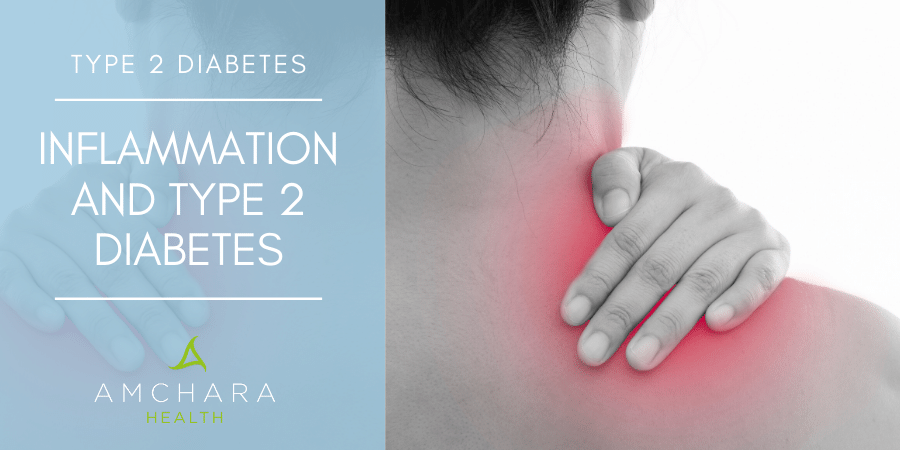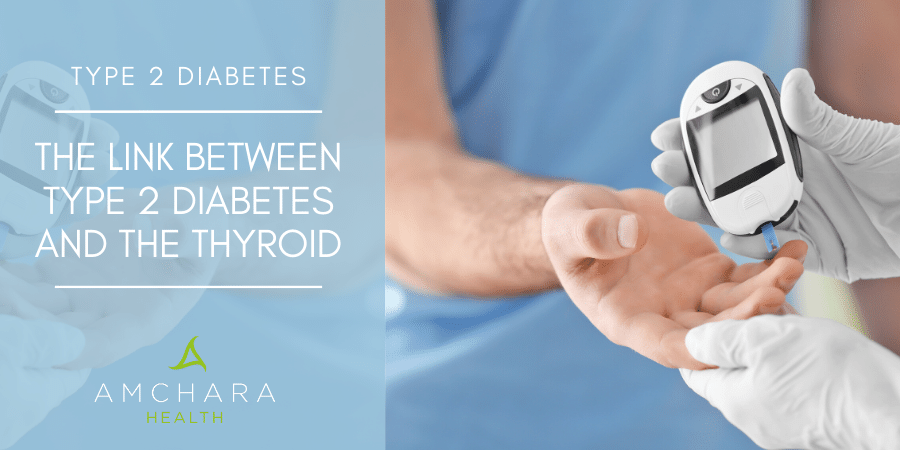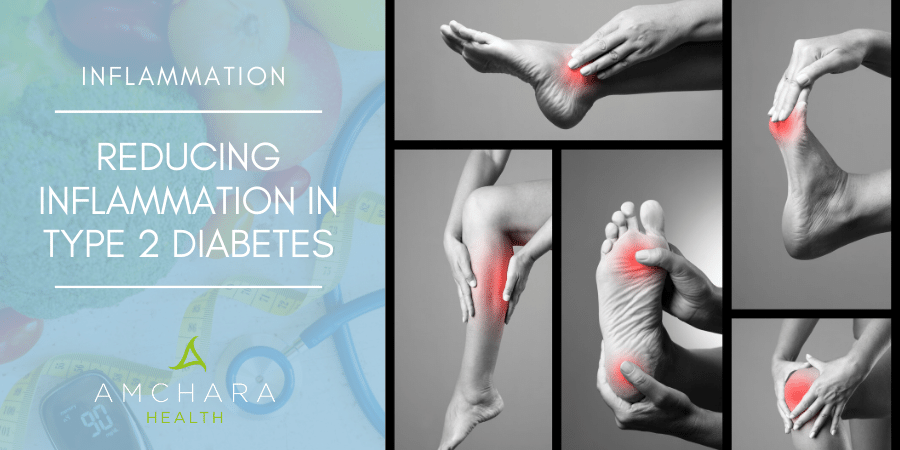Topics Covered in this article:
A variety of conditions are known to involve inflammation, and many are now termed inflammatory diseases. Type 2 diabetes involves poor glucose tolerance and insulin resistance, and evidence is now pointing to a strong link with inflammation.
Could Type 2 diabetes be an inflammatory condition? We’re dedicated to providing you with both insightful information and evidence-based content and in this article we take a look at the research behind inflammation in Type 2 diabetes.
Type 2 diabetes
Type 2 diabetes is a global health concern and it is thought one person is diagnosed with diabetes every two seconds in the UK. If uncontrolled it may lead to complications involving the cardiovascular system, nerves, kidneys and thyroid function. Many of these issues also involve underlying inflammation.
Over the past 20 years there has been increasing evidence of the effects of inflammation and experts now feel that chronic subclinical inflammation may contribute to the development and progression of Type 2 diabetes.
What is inflammation?
Inflammation is a natural response from your immune system. Following injury or infection immune cells increase the release of messengers like cytokines. These have a variety of effects on the body and can influence blood flow, the permeability of blood vessels, regulate the inflammatory response and also affect the movement of immune cells to the site of infection or injury.
Inflammation is a key response in the healing process and gives classic signs of redness, pain, heat and swelling. Once the body has stimulated the healing immune cells to do their work, inflammation subsides.
The problem in modern society is that a number of factors can contribute to a chronic low-grade stimulation of the inflammatory response which is not switched off. This low-grade inflammation does not always present classic physical signs and so may go unnoticed for a period of time. The development of many complex and chronic health conditions is now known to involve underlying inflammation (1).
The link between Type 2 diabetes and inflammation
During the inflammatory response the release of cytokine messengers like IL-1, IL-6 and TNF-α stimulates the liver to release specific molecules called acute-phase reactants. These include specific proteins that can promote healing or limit injury.
Acute phase proteins like C-reactive protein (CRP) and several cytokines are seen to be elevated in prediabetes and Type 2 diabetes (2).
In fact, these markers may be increased many years before the condition develops, indicating that a long term degree of inflammation is a contributing factor. It has also been found that the effect is graded, so the higher the marker, the greater the risk of developing Type 2 diabetes (3).
Elevations of CRP also correlate with insulin resistance (4) and an increased risk of cardiovascular disease (5) – both of these are associated with Type 2 diabetes.
What is fuelling the fire?
Why is modern society so inflamed? And what is fuelling the fire? Several known factors can contribute to inflammation and the development of Type 2 diabetes; like many other chronic health conditions, it may be an accumulation of several factors that triggers the condition.
Obesity
Obesity is a major risk factor for Type 2 diabetes. Fat tissue is not inert and can play a role in the development of many conditions. It is known to be a site for immune cells and can release a variety of cytokines. In lean individuals, fat tissue favours secretion of more anti-inflammatory cytokines such as adiponectin. Adiponectin is also involved in insulin sensitivity and higher levels are known to reduce the risk of Type 2 diabetes (6).
In obese individuals, fat tissue favours pro-inflammatory cytokine secretion including TNF-α and IL-6 (7). In addition to this it is common to see an increase in CRP (8) and obesity is now thought to be an inflammatory condition.
Age
A natural change that occurs due to ageing is an increase in pro-inflammatory cytokines (9). This may happen for several reasons, including a delayed termination to inflammation, or an increase in infections that stimulate inflammation. The incidence of developing chronic conditions increases due to age and experts think inflammation may be a contributing factor.
Nutrition
The type of food eaten is a major factor in the development of Type 2 diabetes. Many experts believe making nutritional alterations may prevent the onset of Type 2 diabetes or put it into remission. Food can also impact the inflammatory response.
- High glycaemic foods
Refined foods and simple sugars cause a rapid spike in blood sugar. High glucose levels in blood have been linked to increased levels of inflammatory markers. In studies, a lowering of blood glucose, through the use of low GI foods, reduced inflammatory markers (10).
- Calorie excess
Eating too much food and too often may also play a role in inflammation. Eating an excess of calories can lead to oxidative stress, inflammation and insulin resistance (11). In addition to this, an excess of calories increases fat loss which further increases inflammatory cytokines.
Studies into calorie restriction and fasting have shown inflammatory markers are reduced even after just a short period of time (12).
- Fat
Fat contains twice the calories per gram than carbohydrates and proteins, and a diet high in saturated fats can lead to weight gain and obesity, fuelling pro-inflammatory cytokine production. The essential fatty acids, omega-3 and omega-6, are long chain fatty acids that have been shown to give many health benefits. They share a common enzyme, and too much omega-6 may prevent omega-3 from being converted to active anti-inflammatory molecules. Therefore, the ratio between omega-3 and omega-6 may influence inflammation.
Studies into increased intake of omega-3 fatty acids indicate they have a positive effect on inflammation and decrease the expression of several inflammatory genes, as well as reduce pro-inflammatory cytokines (13).
- High AGE foods
Advanced glycation end products (AGEs) are damaging molecules that can affect nearly every cell in the body and are known to increase inflammation. They are formed when sugar bonds to a fat protein molecule. High blood sugar levels increase the production of AGEs and some foods, such as red meat, cheese, fatty dairy products, eggs and processed and packaged foods, are high in AGEs.
Cooking methods such as frying, grilling, roasting and baking can also increase the production of AGEs. Cooking with moist heat, such as steaming, and using shorter cooking times and lower temperatures can significantly reduce AGE production.
Smoking
As well as generating damaging molecules called free radicals and contributing to oxidative stress and inflammation, smoking also depletes the body of vital antioxidants that offer protection against oxidative stress. Smoking increases acute phase proteins like CRP, indicating an increase in inflammation (14).
Inactivity
Levels of physical activity are declining, and evidence is clear with regard to the negative health effects of leading a sedentary lifestyle. A lack of physical activity is associated with poor mental health as well as with obesity and cardiovascular disease.
A 2014 study in men and women with Type 2 diabetes looked at sedentary time and found levels of the pro-inflammatory cytokine IL-6 and inflammatory marker CRP were raised in those with the lowest levels of activity. These markers reduced as physical activity increased, indicating that being active reduces inflammation (15).
Stress
Stress levels are on the rise and the negative effects of physical or psychological stress are well known. There is an increase in pro-inflammatory cytokines and the disturbance of the stress pathways, and increase in stress hormones also contributes to the development of inflammation (16). A major stressful event has been linked to the increased risk of developing undetected Type 2 diabetes (17).
Takeaway
The evidence on inflammation in Type 2 diabetes is clear and several lifestyle factors may be fuelling the inflammatory fire. What isn’t clear is whether diabetes results from the increased inflammation or is a consequence of it. However, taking steps to reduce inflammation may help to prevent or reverse Type 2 diabetes.
If you are concerned about your health or would like to know more about the factors involved in Type 2 diabetes, a consultation with an experienced Amchara Personalised Health practitioner can give you guidance. A 1-2-1 consultation allows for your personal risk to be assessed and, alongside functional tests, a specific, tailored nutrition and lifestyle programme can be developed.
Did you find this article useful?
Are you aware of the link between inflammation and Type 2 diabetes?
We would love to know your thoughts.
Please leave your comments below.
Read this next:




